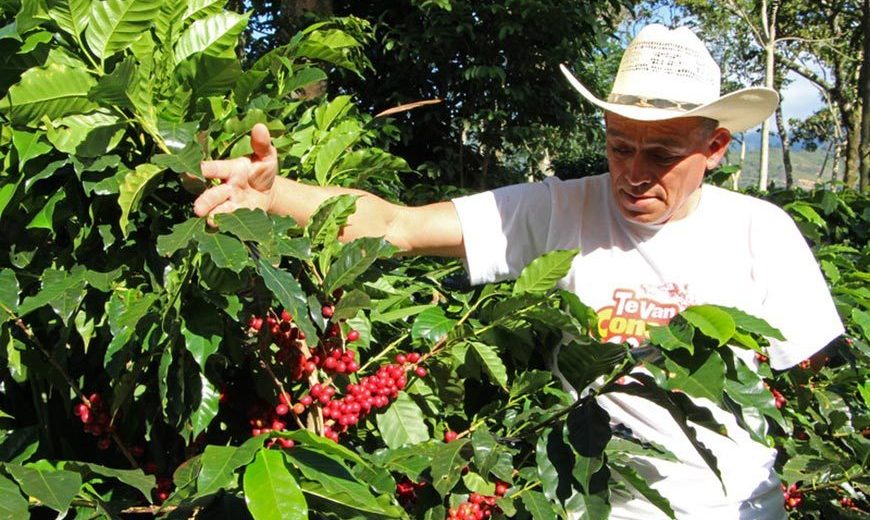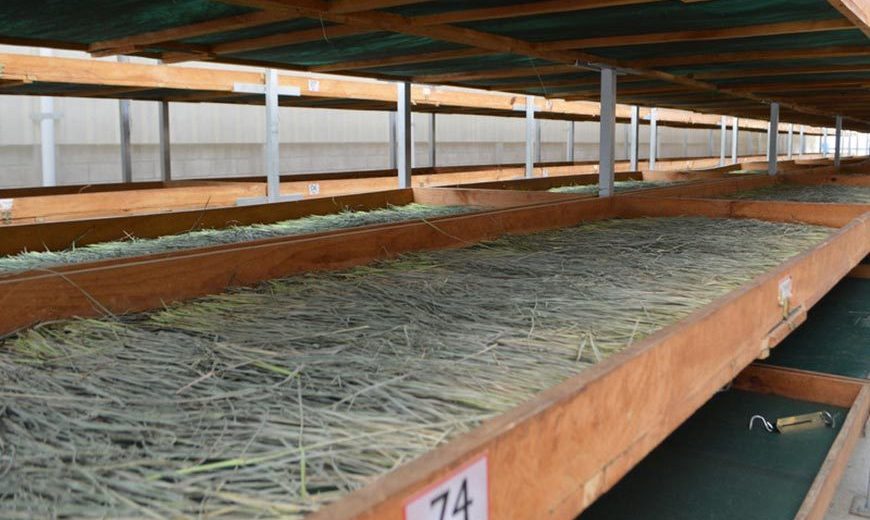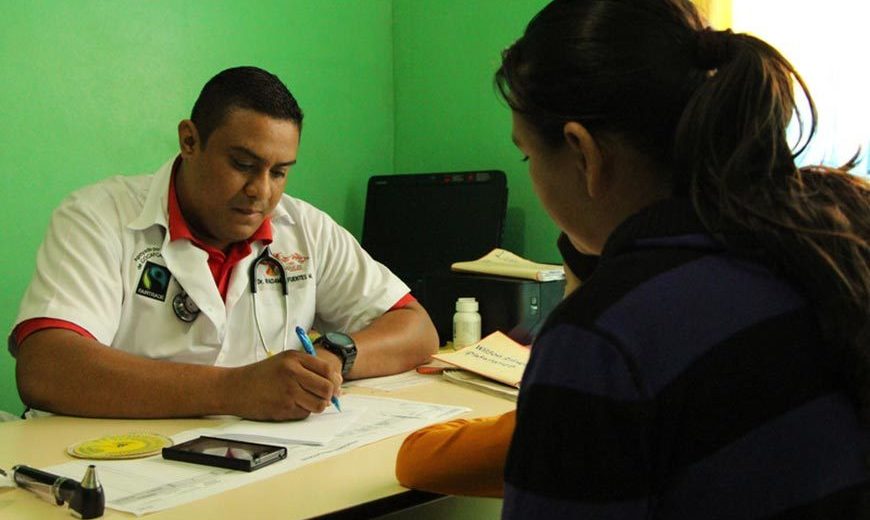Details
Country: Honduras
Founded: 1999
Fairtrade certified in: 2009
Main products:
Coffee
Website: http://mycapucascoffee.coop
Coffee cooperative, COCAFCAL is supporting sustainable development for the benefit of over 5,000 people in and around the city of Las Capucas in northwest Honduras.
Details
Country: Honduras
Founded: 1999
Fairtrade certified in: 2009
Main products:
Coffee
Website: http://mycapucascoffee.coop
There’s something brilliant brewing in North-western Honduras. The coffee farmers at Fairtrade certified cooperative COCAFCAL are driving benefits not just for their farmers but for the surrounding region. From coffee farming improvements to community services, the cooperative is striving to build a sustainable community.
In 1999, 55 coffee farmers turned their entrepreneurial vision into reality, setting up Cooperativa Cafetalera Capucas Limitada (COCAFCAL) to share their coffee growing knowledge with each other. Their primary export markets are the United States, Europe and Asia where both their Fairtrade coffee and their micro lot (speciality) coffee are proving popular. The cooperative has been Fairtrade certified since 2009.
In 2016, COCAFCAL received the Fairtrade Award for ‘Small Producer Organization of the Year - Latin America and the Caribbean’ for its work improving the living conditions of cooperative members and their 12 communities. The award acknowledges small-scale farmers who have excelled in production, sustained markets and met consumer demands to enhance their communities’ livelihoods. “To the people of Capucas, the Fairtrade Award shows that our hard work is being appreciated. We’re very proud of this achievement!” said Manuel Alberto, President of COCAFAL.

Certification and Finance Manager, Luswin Alejandro, says that the cooperative’s high coffee quality can be attributed to their processing facilities where producers receive guidance from qualified field staff. The processing infrastructure includes solar dryers with four levels and 800 drying screens for up to 800 coffee quintals. The solar dryer also provides employment for 12 people in the community who are tasked with the maintenance.
COCAFCAL is leading research into the development of liquid and solid organic fertilizers to meet the nutritional needs of their plants and soils. In their nursery, the cooperative grows high quality Arabica coffee plants ranging in variety from Red, Orange and Yellow Bourbon through to Pacamara, Obata, Icatu and Caturra. The nursey is also used to grow fruits, trees and ornamental plants which serve both as shade plants for the coffee saplings and as an alternative source of food, wood, and income for members.

Coffee farmers face their fair share of challenges from weathering the effects of climate change to dealing with fluctuations in global coffee markets. COCAFCAL has developed diversification strategies to balance members’ dependency on coffee farming. They grow Fairtrade certified and organic lemongrass which is dried in their solar dryer outside of the coffee harvest season. The cooperative has also harnessed hydroponic technology to grow tomatoes and cucumbers in greenhouses without agrochemicals.
COCAFCAL also promotes Fairtrade certified, organic honey production among its members. They have a honey processing plant and a warehouse where the honey is stored under conditions that assure optimum quality. More recently, the cooperative has expanded into aquaculture. They have two aquariums where they harvest a few river and native fish species.
The cooperative has diversified into tourism, providing Coffee Tours where visitors can trace the berries’ journey from nursery to cup.
With prudent investment of their Fairtrade Premium backed by the members’ strong community focus, COCAFCAL is contributing to sustainable development in Las Capucas.
The cooperative has used their Fairtrade Premium to provide community services such as healthcare, education, infrastructure and sport. Local children now have access to a virtual library as well as a free computer lab in a converted air-conditioned container.
Farmers and youth can also learn about brewing coffee. The cooperative has established a coffee academy that provides training on basic techniques for making coffee and controlling its quality.
In 2015, COCAFCAL partnered with Autonomous University of Honduras to establish the first virtual university in the country, and more than 40 applications have already been received from prospective students. The initiative provides rural youth with an opportunity to access higher education.
Visit mycapucascoffee.coop for more information about COCAFCAL or keep up with their news on Facebook.
This story was originally published at clac-comerciojusto.org and was first added to our website on 10 February 2017
